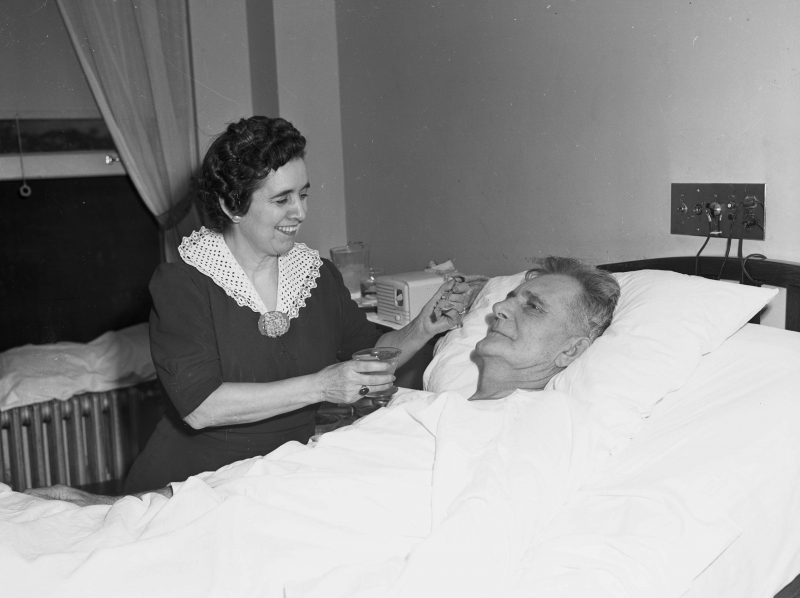Schizophrenia greatly affected John Nash’s life
One of the best mathematicians of the 20th century was John Nash. He was also among the most well-known individuals with schizophrenia at the time, according to his biography A Beautiful Mind and the Oscar-winning movie of the same name.
Based on Nash's extremely intricate system of delusions, which were both grandiose and persecuting, the psychiatrists treating him quickly reached the conclusion that he had paranoid schizophrenia. The doctors attempted to assign a cause to his illness based on his prior experiences, as was customary at the time: was it the stress of his job or becoming a father that had sparked it? His psychoanalyst even proposed that it was all the result of latent homosexuality using a Freudian perspective.
Nash entered the psychiatrist's office at a period when schizophrenia therapy was undergoing significant change. However, there was also great hope being placed in a new family of medications called antipsychotics, which, early trials had demonstrated, could help to relieve the hallucinations and delusions experienced by people with paranoid schizophrenia. The old treatments, such as insulin shock, electric shock, and psychoanalysis, were still very popular. Soon after, Nash began taking Thorazine, also known as chlorpromazine, the first of these novels, ground-breaking drugs for the mind.
Nash tolerated the chlorpromazine pretty well, and within a short period of time, he started to clearly improve. After almost 50 days in confinement, he retained a lawyer to file a petition for his release. With the help of his wife and acceptance of the outpatient therapy, he was properly granted permission to return home.
Nash went to the psychiatric hospital again after this, though. Nash's life for the next 20 years or so was marked by frequent hospitalizations interspersed with intervals of varying degrees of mental and physical illness. He frequently lived in a world of his own during this period, one that was foreign to everyone around him but made perfect sense to him, as is so typical with schizophrenia.








